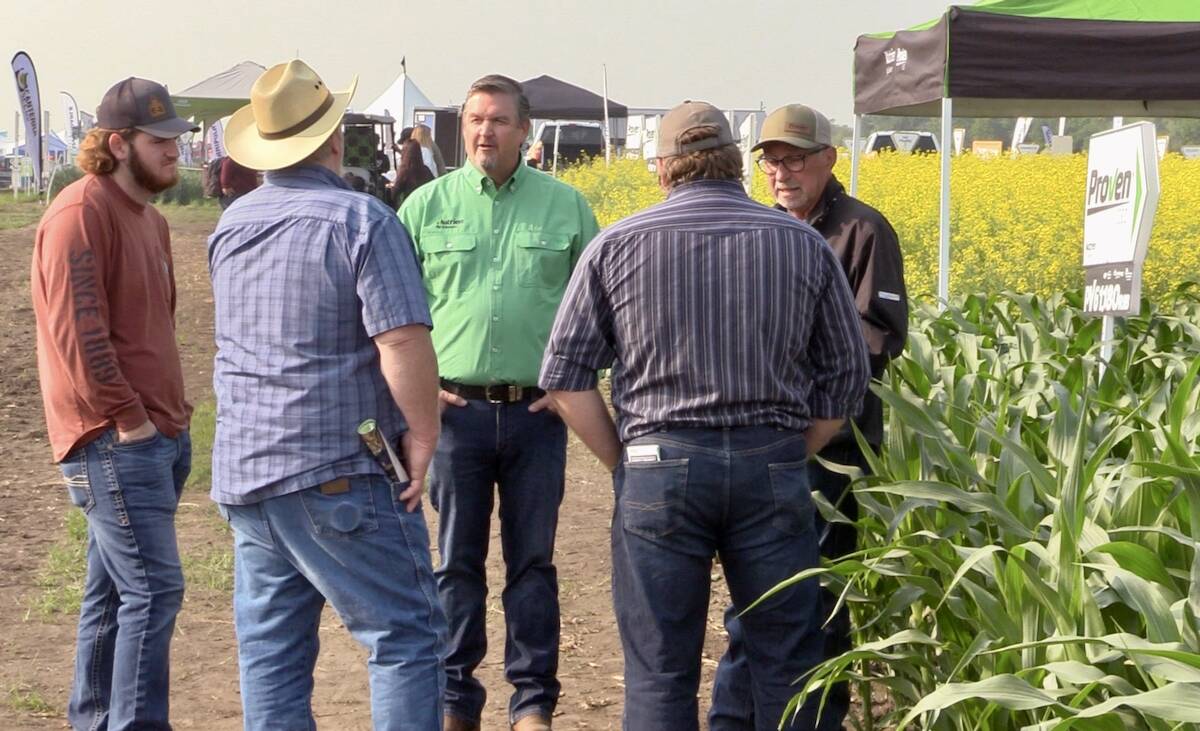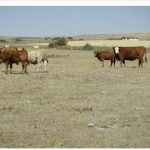Quebec’s generous (by Canadian standards) support of its farm sector is equally the envy and the irritation of farmers in the rest of the country.
At least one explanation for development of the distinct Quebec farm support model is that it all started because of the then-politically powerful Roman Catholic Church and its fear of empty pews in the 1930s as farm kids headed for the city.
More about that later but first, it is useful to look at what Quebec has put in place.
Read Also

Interest in biological crop inputs continues to grow
It was only a few years ago that interest in alternative methods such as biologicals to boost a crop’s nutrient…
The farm support system, driven in part by a well-financed and politically well-connected farm lobby with a government mandate to be the provincial farm voice, is extensive.
Even as the provincial government is trying to rein in farm support costs, Quebec is committing $630 million this year to the provincial farm credit and farm stabilization program delivery vehicle La Financire agricole.
There are generous grants to qualifying beginning farmers, single desk marketing systems, a strong reliance on stable supply management, farmer ownership of the province’s largest beef packing plant and an agricultural insurance program that costs farmers in premiums but protects them somewhat from the market fluctuations Canadian farmers elsewhere must face.
The stability of price and income is an irritant for farmers in neighbouring provinces who find themselves in competition with Quebec farmers.
Earlier this year, as the House of Commons agriculture committee toured Canada, Paisley, Ont., hog producer Harry Koelen voiced his frustration.
“The ASRA (stabilization insurance) program guarantees Quebec’s agriculture producers their cost of production,” he said. “How can we compete with that in Ontario?”
Defenders of the Quebec system have a simple response. Agriculture is a shared federal-provincial jurisdiction so every provincial government could devise more generous farm supports if they wanted to and farmers elsewhere could work to unify their voice if they wanted to.
Of course, neither of those would be simple tasks and besides, Quebec’s system is not just the product of a strong farm lobby and a supportive government. It is a product of a distinct culture and history.
Serge Lussier, associate director of the farm management and technology program at McGill University, argues that it is partly a European view of agriculture and rural life that Quebec inherited.
“I have a French Catholic background and the concept of community, of defending what we have, what we inherited from past generations, is a very important part of our culture,” he says.
In 1936, the bishops convinced premier Maurice Duplessis to create the first farm credit program in Canada to entice young farm kids to stay on the farm. In the early 1970s, young premier Robert Bourassa was convinced to legislate the Union des Producteurs Agricoles as the lobby voice of farmers.
And in the late 1970s, sovereignist premier René Levesque bought into the idea that an independent Quebec would need a strong farm sector to feed a new nation.
Quebec is where history has led it.
















